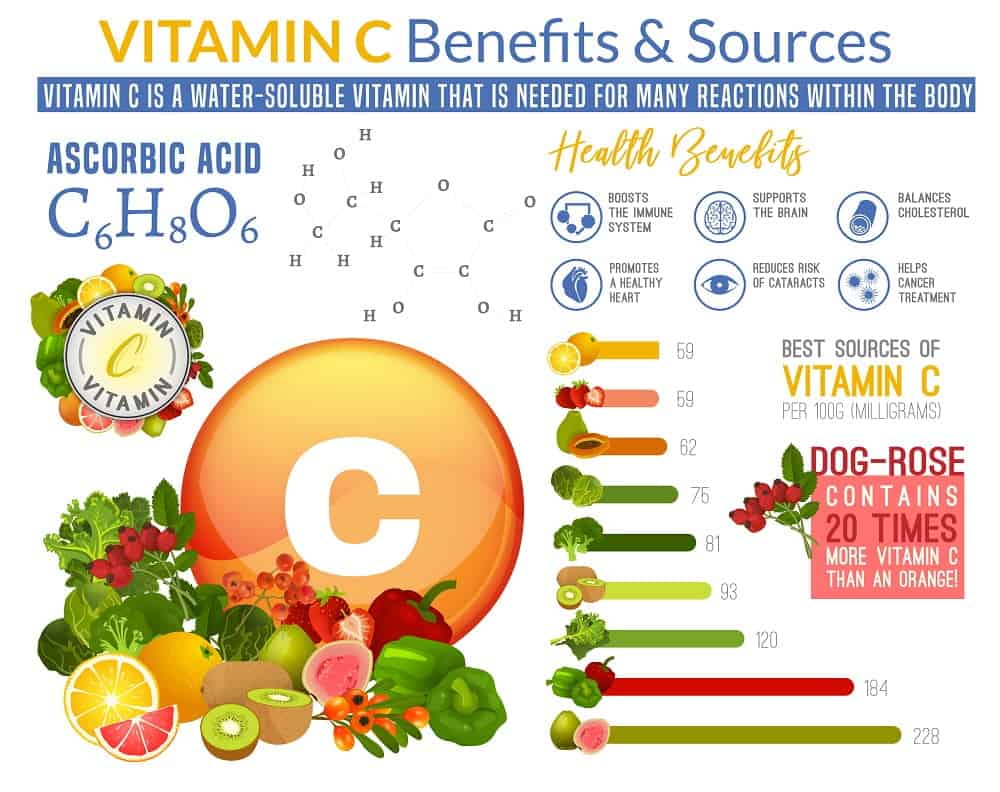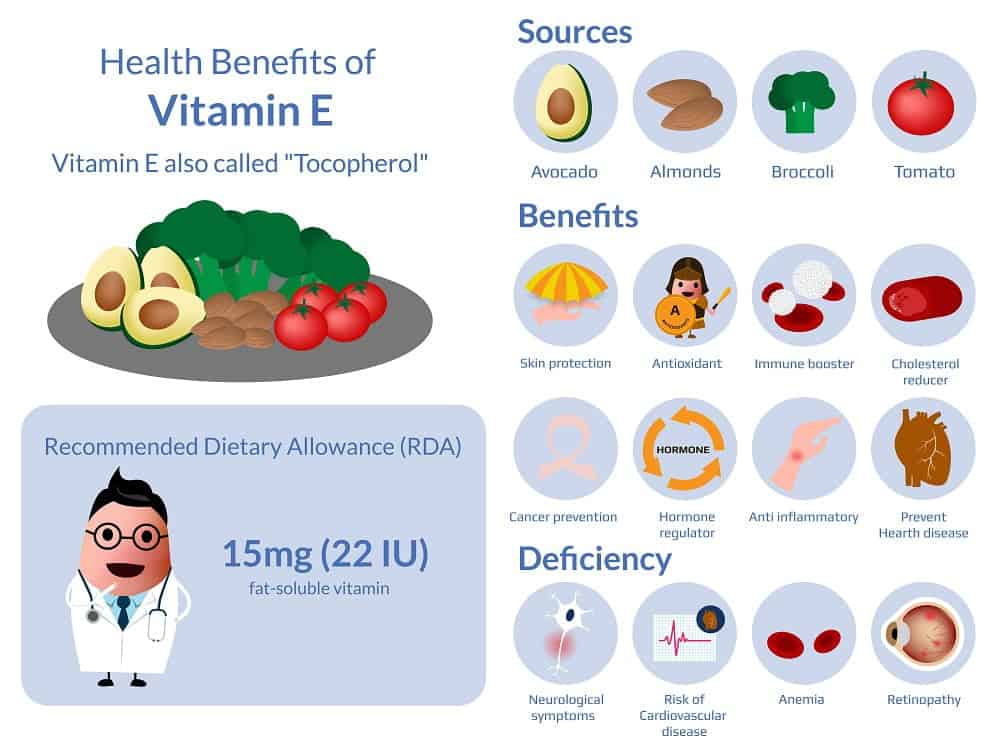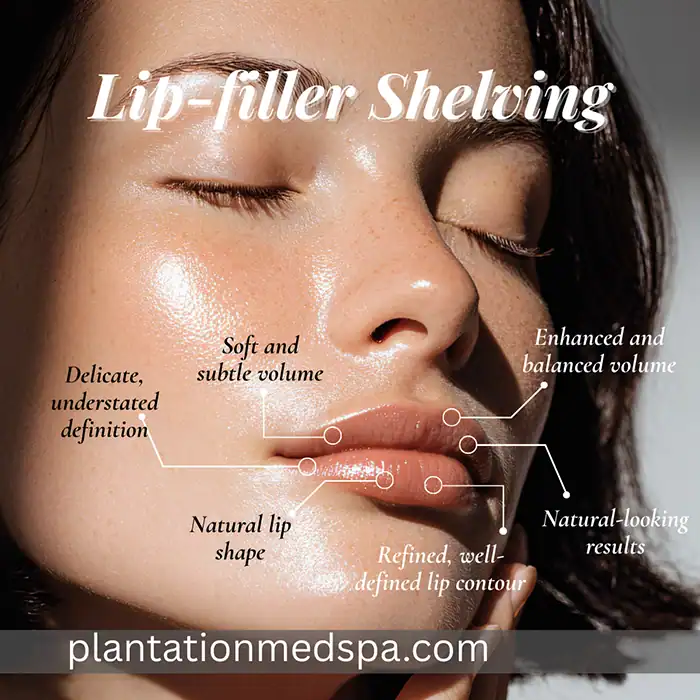Everything You Need to Know About Vitamins in Your Skincare
Your body needs vitamins in order to thrive, and this applies to your skin too. This article talks about all you need to know: vitamins in your skincare.
From brightening the complexion to reducing inflammation, vitamins can really work wonders when it comes to your skin. By understanding the specific functions of each vitamin, you will be able to make an educated choice when it comes to deciding which ones to incorporate into your skin care routine.
Vitamin A
Did you know that vitamin A is one of the most powerful anti-aging ingredients out there?
In fact, it is the only one that has been clinically proven to have a significant impact on the visible signs of aging, from fine lines and wrinkles to dark spots.
When it comes to vitamin A, there are quite a few different forms of this vitamin…
While beta-carotene is the form of vitamin A that you get when you eat certain foods, such as sweet potatoes and carrots, retinol, along with retinoids and other vitamin A derivatives, are the forms of vitamin A that you will find in skin care products. These contain the most active and skin-boosting components of the vitamin, in a bio-available form.
So, what exactly does vitamin A do for the skin?
A number of different amazing things, including:
- Protects against UV damage by neutralizing free radicals, minimizing redness and pigmentation, and reducing the skin’s sensitivity to the sun
- Slows down skin aging by promoting collagen and elastin production, while neutralizing free radicals that would have otherwise accelerated the aging process
- Encourages the growth of new skin cells while keeping them healthy. This helps to fade pigmentation and brighten the complexion
- Strengthens the skin’s natural protective barrier, therefore increasing the skin’s moisture content and protecting against infection
- Unclogs the pores and therefore reduces acne breakouts
Convinced that this is a star ingredient to include in your skin care routine?
Well, when it comes to purchasing a vitamin A skin care product, you will see various forms of the vitamin available.
One of the weaker versions is retinyl palmitate, and this is commonly found in skin care products. However, just because it is weaker, doesn’t mean that it is bad. In fact, vitamin A derivatives are known to cause a skin reaction, from redness and sensitivity to dryness and flaking skin, with this lasting for around two weeks.
For this reason, it is always best to start with a weaker form of vitamin A, or at least a lower concentration of a stronger form, as your skin will need time to grow accustomed to it.
Other than retinyl palmitate, you will also notice retinol in many products. This is a more potent, and extremely effective, form of vitamin A.
Need something even stronger?
Retinoids are prescription-strength vitamin A derivatives, and will bring about results even faster.
B Vitamins
The B vitamin complex consists of eight different B vitamins, each of which come from different sources and have their own range of skin benefits.
All of the B vitamins are water-soluble, meaning that your body and skin are not able to store them, therefore making it important for you to be regularly obtaining these vitamins through various sources.
When it comes to the B vitamins in skin care products…
While some products do contain the entire B vitamin complex, you are more likely to find products that focus on one or two of the different B vitamin classes, as this enables a product to be more specific in the skin issues it targets.
These are the different B vitamins, along with what they can do for your skin:
- Thiamin (Vitamin B1) – powerful antioxidant properties that fight against free radicals and aid in skin detoxification, while boosting circulation
- Riboflavin (Vitamin B2) – maintains skin tissues to regulate cell turnover. Also helps to regulate the amount of sebum produced by your sebaceous glands, making it a powerful tool when fighting acne
- Niacin (Vitamin B3) – one of the most effective B vitamins for your skin, niacin can treat everything from rosacea, acne and hyperpigmentation to dryness, eczema and aging skin. It also helps to increase the skin’s production of fatty acids and ceramides, therefore strengthening the skin’s natural barrier and helping to keep the skin moisturized and hydrated
- Pantothenic Acid (Vitamin B5) – has humectant properties, meaning that it draws moisture from the air into the skin, keeping skin plumped up and hydrated. Pantothenic acid also heals the skin and strengthens the skin’s protective barrier, while regulating oil production to help with acne
- Pyridoxine (Vitamin B6) – helps to reduce inflammation and acne, while promoting the growth of new skin cells
- Biotin (Vitamin B7) – revitalizes the skin by promoting the growth of new skin cells, as well as amino acids and fatty acids, while also neutralizing free radicals
- Folic Acid (Vitamin B9) – vital for tissue growth, cell production and cell turnover. Folic acid also helps to promote the skin’s natural detoxification process. However, keep in mind that too much folic acid can lead to acne, as well as dry and patchy skin
- Cobalamin (Vitamin B12) – regulates skin pigmentation, preventing dark spots. Cobalamin also helps to repair damaged skin cells
As you can see, each of these B vitamins is quite unique, and will target quite specific skin concerns.
Vitamin C
It has been known since 1937 that vitamin C had skin benefits. Back then, it was identified as being the best treatment for scurvy, which was caused by a deficiency of the vitamin.
Ever since then, more and more of the benefits of vitamin C have been discovered, making this one of the most popular skin care ingredients around. In fact, research shows that 85% of consumers are either already using, or want to be using, a vitamin C skin care product, thanks to the fact that its potent skin-boosting properties are becoming more widely recognized.

What makes vitamin C so great?
Here are just a few of the ways in which vitamin C can help to improve your skin’s health:
- Promotes collagen production – collagen production slows down with age, but vitamin C helps to speed this back up, significantly helping to reduce the visibility of fine lines, wrinkles and sagging skin
- Protects from UV damage – being an antioxidant, vitamin C can really help to protect the skin from both UVA and UVB damage
- Helps with skin discoloration – improves skin tone, helps with hyperpigmentation and reduces redness
- Speeds up healing – with everything from cuts to acne scars to other types of blemishes
- Minimizes dark under-eye circles – thanks to the way in which it evens out the skin tone and brightens up the complexion
- Reduces inflammation – so long as it is being used in a high enough concentration
Just like with the majority of other vitamins, there are many different derivatives of vitamin C.
The purest is known as ascorbic acid, and while this may be the most potent form of the vitamin, it is also the one that is most likely to cause skin irritations.
Wondering which derivative you should be using instead?
These are a few of the best:
- Tetrahexyldecyl Ascorbate – oil-soluble, meaning that it penetrates deeper into the skin, and helps with everything from hyperpigmentation to collagen production
- Magnesium Ascorbyl Palmitate – is able to boost collagen production just as effectively as pure vitamin C, even if used at a lower concentration
- Ascorbyl Palmitate – a highly stable derivative, this one is extremely common. However, since it is not able to penetrate deeply into the skin, it is usually formulated into moisturizers and lotions, so that it can work its magic on the skin’s surface
Even if you choose a product that contains a highly stable form of vitamin C, this ingredient can still break down extremely easily.
How can you avoid this and prolong the shelf life of a product?
By making sure that it is contained in dark, opaque packaging, to limit light exposure, with a pump dispenser to limit air exposure.
Vitamin D
Due to the way in which your body naturally produces vitamin D when it is exposed to the sun’s UVB rays, vitamin D has earned itself the nickname of the sunshine vitamin.
While vitamin D can also be consumed through certain foods, such as fortified orange juice and milk, as well as oily fish, using the vitamin topically can help to magnify its effects.
Wondering what these effects are?
Well, vitamin D has powerful anti-inflammatory benefits, making it effective at treating conditions such as psoriasis and acne.
It has also been shown to significantly help when it comes to the visible signs of aging, preventing wrinkles and boosting cell turnover.
Although vitamin D is not as commonly used in skin care products as the other vitamins, it may still be worth seeking out a product that contains vitamin D if you need help with any of the above issues.
Vitamin E
Did you know that your skin contains more vitamin E than any other nutrient?
Vitamin E is found in the oils that your skin produces, as well as in the glue-like substance that holds your skin cells together.
Since the human body is unable to produce vitamin E itself, this makes it so important that you provide it to your skin through topical products, as well as your diet, especially since research shows that levels of vitamin E in the skin can drop by 50% after even a small amount of sun exposure.

Wondering what vitamin E actually does for your skin?
So many things, including:
- Neutralizes free radicals – vitamin E is extremely effective at helping to fight free radicals, making it a powerful anti-aging ingredient, as well as an ingredient that can help to reduce sun damage in skin cells
- Magnifies the effects of a sunscreen – especially when combined with vitamin C
- Strengthens the skin’s natural protective barrier – this helps to keep skin hydrated, moisturized and calm, minimizing any irritations, redness and itchiness
- Powerful anti-inflammatory properties – which helps to heal the skin
So, which skin care products can you find vitamin E in?
Well, this vitamin is commonly formulated into sunscreens, thanks to the way in which it helps to boost how they work. It can also be found in everything from moisturizers to serums, as well as cleansers. Even though a cleanser does not remain on the skin for a long period of time, the vitamin E still has an effect on the skin’s top layer.
Can’t see vitamin E listed on any ingredient labels?
Look for alpha-tocopherol instead, as this is the best skin-boosting form of vitamin E available.
Vitamin K
While vitamin K is not as widely known as some of the other vitamins, it does still have its benefits.
These include:
- Quickly heals bruises
- Reduces swelling and inflammation
- Strengthens capillaries to reduce under-eye circles
- Boosts circulation to reduce fluid retention around the eyes
- Strengthens the skin and improves its resiliency
As you can see, these are quite specific benefits, which is why vitamin K is often found in skin care products designed for use around the eyes. When formulated into an eye cream, gel or serum, vitamin K is able to really perk up and brighten up the skin around the eyes, keeping it smooth, calm and resilient.
When it comes to skin care, these six vitamins are extremely important.
While it is always wise to ensure that you are obtaining all of these vitamins through your diet, using them topically as well can really enhance their effects, and gives your skin the opportunity to directly benefit from each vitamin as soon as they are absorbed.
All You Need to Know: Vitamins in Your Skincare
Don’t forget…
Vitamins work best when used in conjunction with each other, so don’t be afraid to incorporate a few of these vitamins into your skin care routine.
In this artile we coverd All You Need to Know: Vitamins in Your Skincare.
Book a consultion online now? Visit the Plantation Med Spa now to treat yourself to some of our many services and treatment offers! Call us at (954) 595-2607



